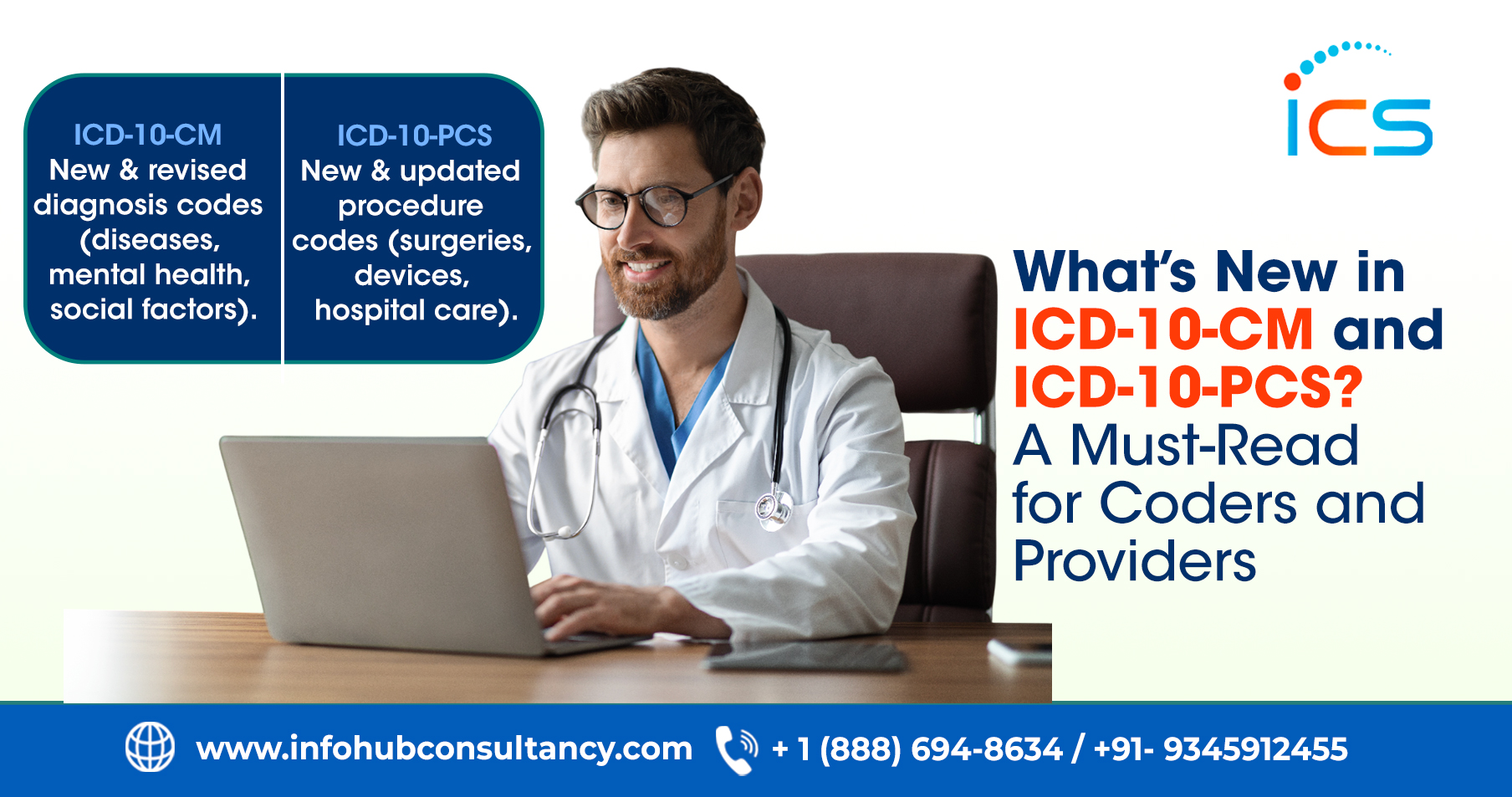Accurate documentation that demonstrates the time and effort spent looking for the appropriate procedure codes is one of the most important aspects of cancer billing that a practitioner relies on. Accuracy in billing and coding is essential for providing patient care and consideration as oncologists treat one of the most serious patient diagnoses, such as cancer.
The cancer-related branch of medicine is more intricate than other medical specialties. One explanation is that the various cancer treatments and clinical processes have their own codes comparable to one another.
To increase revenue, increase productivity, and improve patient care, coders and physicians will benefit from being aware of the present challenges with oncology billing and coding.
Oncology Billing Challenges
Oncology billing is indeed complex, but regulations and coding make it even more so. Payers and competition rank first and second in terms of income generating because they are so important. One of the most frequent reasons oncologists decide to create a group or hospital is the cost of hiring new staff. Moreover, the new codes have increased the focus on various evaluation and improvement methods for coding. But keeping up with all the updates can be so time-consuming that you might not have time to consider your patients’ requirements.
1. Identifying the Right Codes
Contrast to other medical specialties, oncology practises have varied coding standards. Finding the appropriate codes to use presents special difficulties for coders. In any case, they must utilise the appropriate codes in order for insurance providers to approve the claims and reimburse oncology practises.
2. Staying Compliant with the Rules
Another difficulty that cancer institutions face is maximising profits while adhering to industry and governmental laws. Due to inaccurate or out-of-date codes, incorrect coding and billing may result in fines or legal action. Accuracy errors will lead to claim denials, whether they were made on purpose or by mistake.
3. Ineligible Patient Coverage
People having insurance coverage who are ineligible commonly have issues with insurance companies regarding claims. If an existing patient’s insurance coverage has changed and your patient data have not been updated, the insurance company is likely to reject the claim. The result of unmanaged coverage of established patients is typically this.
How to Navigate Through the Complexities
When it comes to the treatment of cancer, patient care and billing administration must be handled differently. Medical coding requires accurate documentation and procedures in order to increase collection and decrease claim denials. Oncology coding standards are intricate; thus, coders must be particularly cautious, thorough, and precise at each and every stage of the procedure. Competition among payers, staff, clinical research, and electronic health records are some of the factors to analyse while trying to reduce oncology billing challenges.
1. Verify Insurance
Make sure to regularly update your patient records to prevent issues with insurance companies regarding patient insurance coverage. You can avoid any denials because of ineligibility for insurance coverage by incorporating a phase un your billing system that confirms the patient’s insurance at each visit. By doing this, you can identify potential hiccups such coverage that has been discontinued, services that are not allowed or covered by the plan, or benefits that have been used up to their maximum.
2. Submit Accurate Claims
While it’s possible that the majority of issues with claim denials are caused by incomplete or inaccurate information on claims, your radiation oncology practise can enhance its clean claims rate by taking the time to make sure everything is accurate and complete.
3. Billing Audits
Your radiation oncology business should routinely carry out medical billing audits to make sure all of health records are as accurate and well-organized as possible. An audit goes through all of your current patient data and records to find any inaccuracies, omissions, or improper billing practises and to make sure that all the data is current.
Improve your Practice with Info Hub Consultancy Services (ICS)
Offshoring oncology billing entails the practise allowing an outside service provider to code the services. The medical professionals focus more on patient care when an oncology practise outsources its coding and billing tasks to an outside expert. Reduced operating costs is one advantage of outsourcing medical billing. Because the physicians can focus their time and energy on patient care, offshoring this complex activity to medical billing agency can increase revenue for the cancer provider.
ICS, an offshore medical billing agency in India, comes with an extensive experience in oncology billing and coding, and has assisted many practices and hospitals in streamlining their revenue cycle management. Our team of medical coders and billers is aware that oncology billing entails expensive therapies, cutting-edge technologies, major operations, chemotherapy, interventions for mental health, and drawn-out treatment regimens.
They have the ability to distinguish between “Bundled” operations and extra procedures. Because of their knowledge, they are able to avoid using modifiers improperly, which avoids claim denials. Our team implements an effective, denial-free revenue management system for your practise because claim denials in oncology result in significant revenue loss.
Read More :- 7 Most Common Challenges with Oncology Billing

 5 mins read
5 mins read 







.png)

